Ethelo is a multi-party scenario analysis engine for solving complex, contentious problems.
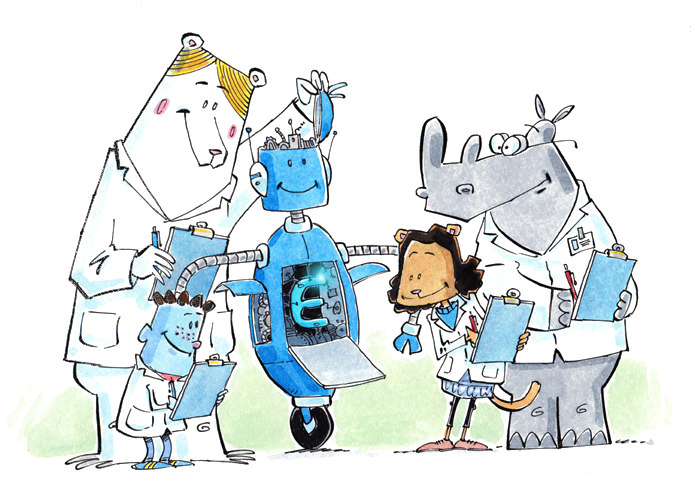

Powered by collective intelligence
Ethelo is a multi-party scenario analysis engine for solving complex, contentious problems.

It’s a simple idea: decisions are complex





















Ethelo’s strength is the last stage of decision-making: convergence and closure.
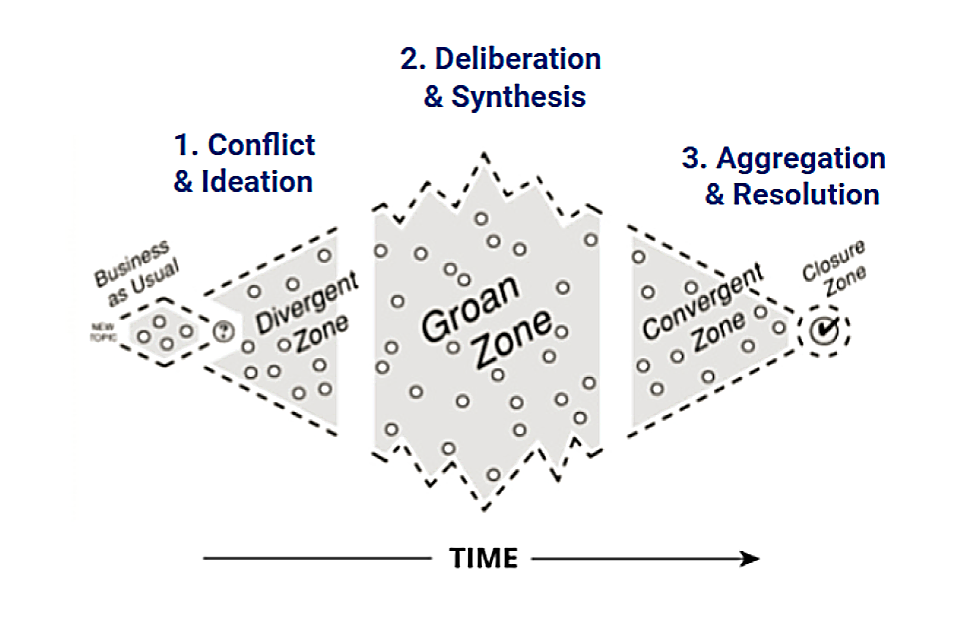
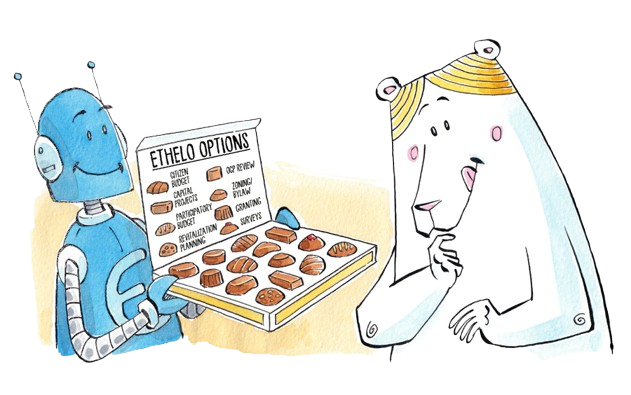
Ethelo provides workflows for dozens of different decisions types
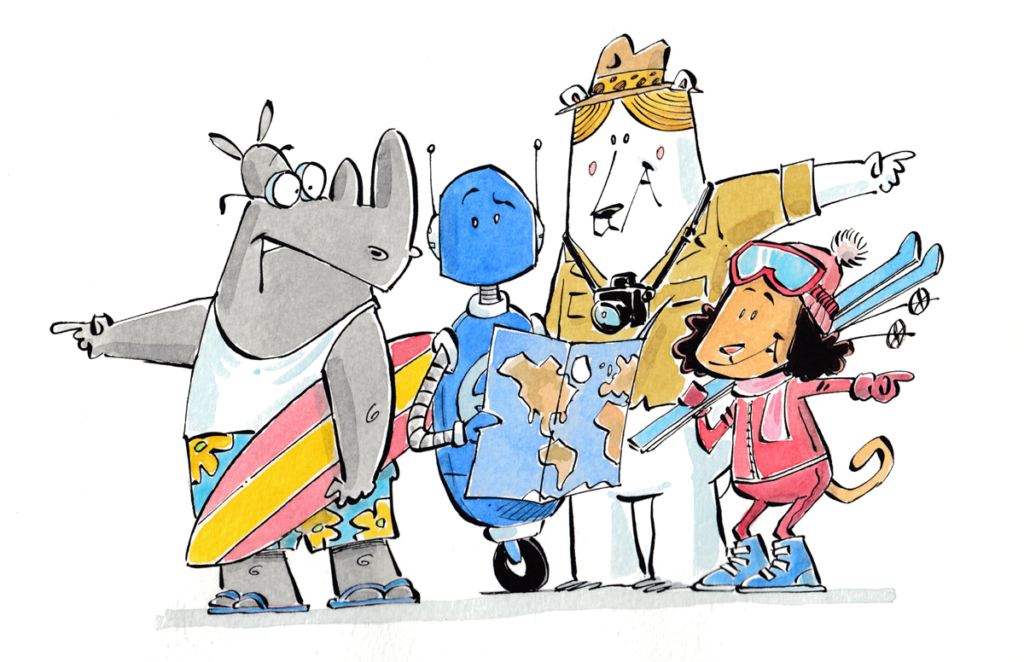
Inclusivity
Ethelo can work with a wide diversity of different opinions and objectives
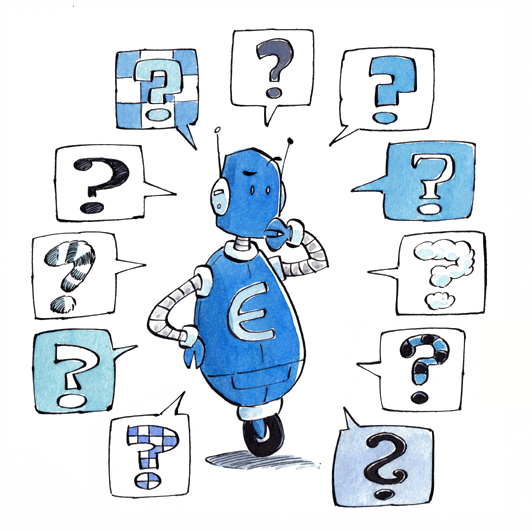
Analysis
Ethelo is optimized to search billions of possible outcomes in moments
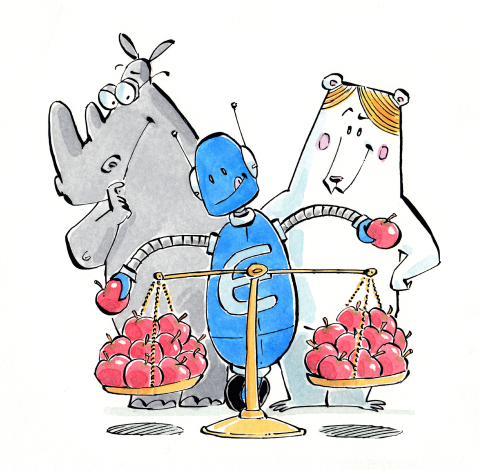
Fair Solutions
Ethelo finds outcomes that “optimize consensus,” maximizing
satisfaction while minimizing inequality
Inclusivity
Ethelo can work with a wide diversity of different opinions and objectives
Analysis
Ethelo is optimized to search billions of possible outcomes in moments
Fair Solutions
Ethelo finds outcomes that “optimize consensus,” maximizing
satisfaction while minimizing inequality
The decision on the right is a better plan than the one on the left. Why?


People on the right are roughly equally happy. They will be united in moving forward together, which increases the chance of success. The plan on the left is divisive and polarizing, with winners and losers. This means there will be conflict and resistance to moving forward. Traditional democracy, with its “rule by majority,” can easily lead to these kinds of divisive outcomes eg. Brexit and the US elections
See Ethelo in action!
In the terminology of the international Association for Public Participation (IAP2), Ethelo focuses on Collaborative or Empowering processes.
Recognized globally as one of the world´s top digital democracy platforms






Engine deep dive
Ethelo uses combinatorics to search for fair decision outcomes

Ethelo considers a variety of parameters to evaluate potential decisions

















The Ethelo engine is open sourced under an Affero copy-left licence.


“The evolution of democracy; using collective intelligence and combinatorics to solve complex social problems”
Check out Video > Ethelo inventor John Richardson’s presention to the Fields Mathematical Institute
Ethelo learning guides
Training Tutorial
Ethelo’s Training Tutorial provides a step-by-step guide on creating and managing participatory decision-making projects. It covers key aspects such as structuring participant engagement, configuring project settings, utilizing platform features, and implementing best practices to ensure effective and inclusive decision-making.
Knowledge Base
Ethelo’s Knowledge Base Guide helps users understand and navigate the platform through three key sections: Understanding Ethelo, with insights and case studies; Using the Platform, featuring tutorials and user guides; and Help & Resources, offering FAQs and support. It’s a
go-to resource for users at any stage.
There has been growing speculation about the potential impact of artificial intelligence, in particular machine learning, on how society operates at the macro level.
Morphological Analysis (MA), which means “the study of forms” is well established as a method for modelling structural relationships between objects and phenomena in a number of scientific fields.
There has been growing speculation about the potential impact of artificial intelligence, in particular machine learning, on how society operates at the macro level.
There has been growing speculation about the potential impact of artificial intelligence, in particular machine learning, on how society operates at the macro level.
ChatGPT has opened a new chapter of information technology, and our world will never be the same. This includes our political world, and the risks - and unique opportunities - facing democracies are enormous.
There is a widespread and growing acknowledgement of the negative impact polarization, disinformation, and mistrust have taken on democracies in Canada and around the world. The growth of populism.